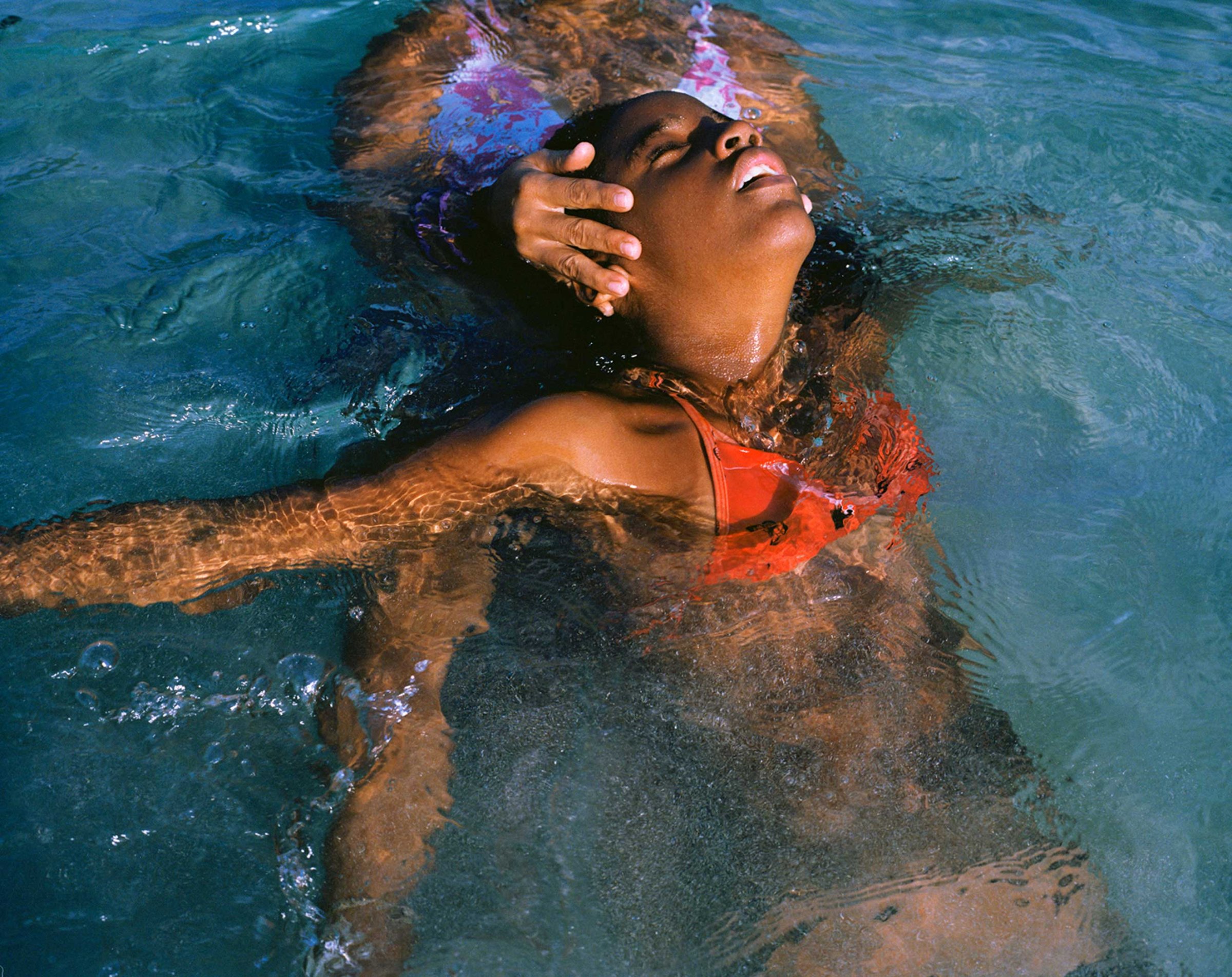
Havana has lured photographers into its streets for decades, looking to bottle the unique vibrancy that suffuses the salty, dusty air of the port city.
In achieving such a prominent place in our visual imaginary, Cuba has become a place harder to photograph, its typical markers almost too easy to spot. In Rose Marie Cromwell’s images of Cuba, those markers are often absent. The result of over eight years she has spent living and photographing in Havana, her series El Libro Supremo de la Suerte (The Supreme Book of Luck) is evidence of her intimacy with the city, its people, and rituals, but also documents her own coming of age as an artist.
In Cromwell’s photographs, the Havana we think we recognize is harder to find, iconic vistas foregone in favor of an exploration of complex subjectivity, a reflection, perhaps, via her subjects, of the photographer’s own discomfort and growth. With the photogenic capital tucked behind corners or used only as backdrop, it’s the Cubans with whom Cromwell established relationships who take center stage. Well, it’s Cubans and their luck. The series title refers to a book that inventories everyday objects and experiences—83 is “daily problems,” 93 stands for “revolution,” 1 corresponds to “horse”—which can be applied to the under-the-radar lottery system known as el bolito. People pick their lottery numbers based on the meanings ascribed to the numbers, prompting a mystical look at everyday objects and experiences that might embody a lottery win. “I realized that this way of experiencing the everyday was not unlike the way I chose to make pictures,” says Cromwell. “Garlic, someone brushing their hair—they were simple things that by the act of photographing were made more meaningful and monumental. It was a similar gesture to what people did when they picked lottery numbers.”
In a country that’s developed an underground economy for so many things, from chicken and shoes to reggaeton music, the notion of luck isn’t an innocuous one. The not-quite-legal lottery system, which is keyed to numbers drawn in Miami, is part of the larger underground economy of resolver, or making do, which in Cuba carries a distinct weight. And yet, Cromwell’s photographs highlight not what’s lacking but point towards elements of abundance in Cuba: spirituality, poetry in the everyday, optimism, and color. In exploring the visual connections between numbers—exact and absolute units of measurements—and the mystical, wayward ways of luck, as embodied by locals performing for her camera, Cromwell offers a lyric homage to Cuba, the place that’s shaped her practice and that, moreover, continues defying expectations and interpretations.
Rose Marie Cromwell is a photographer based in Miami.
Paula Kupfer is a freelance writer and photo editor based in New York.
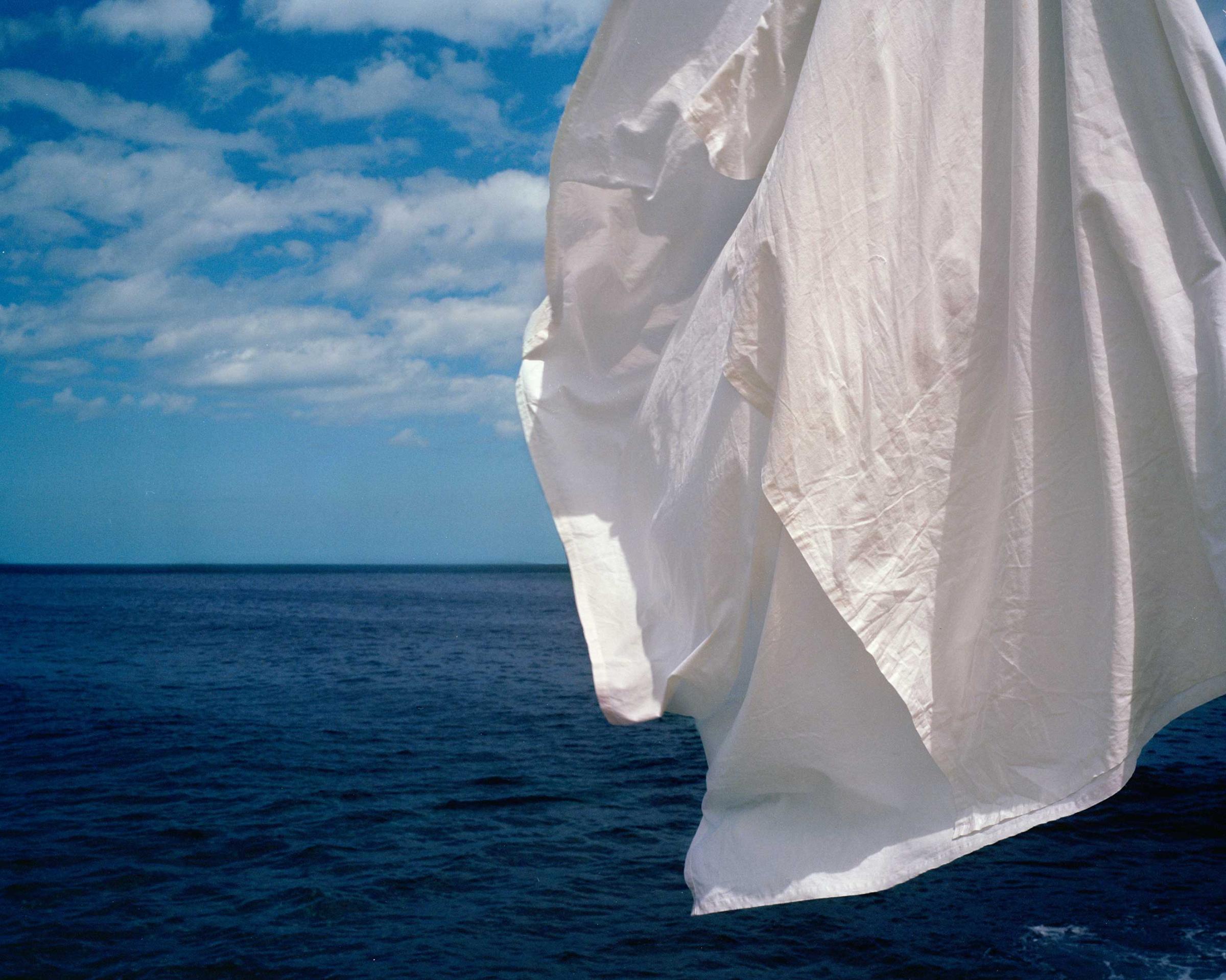
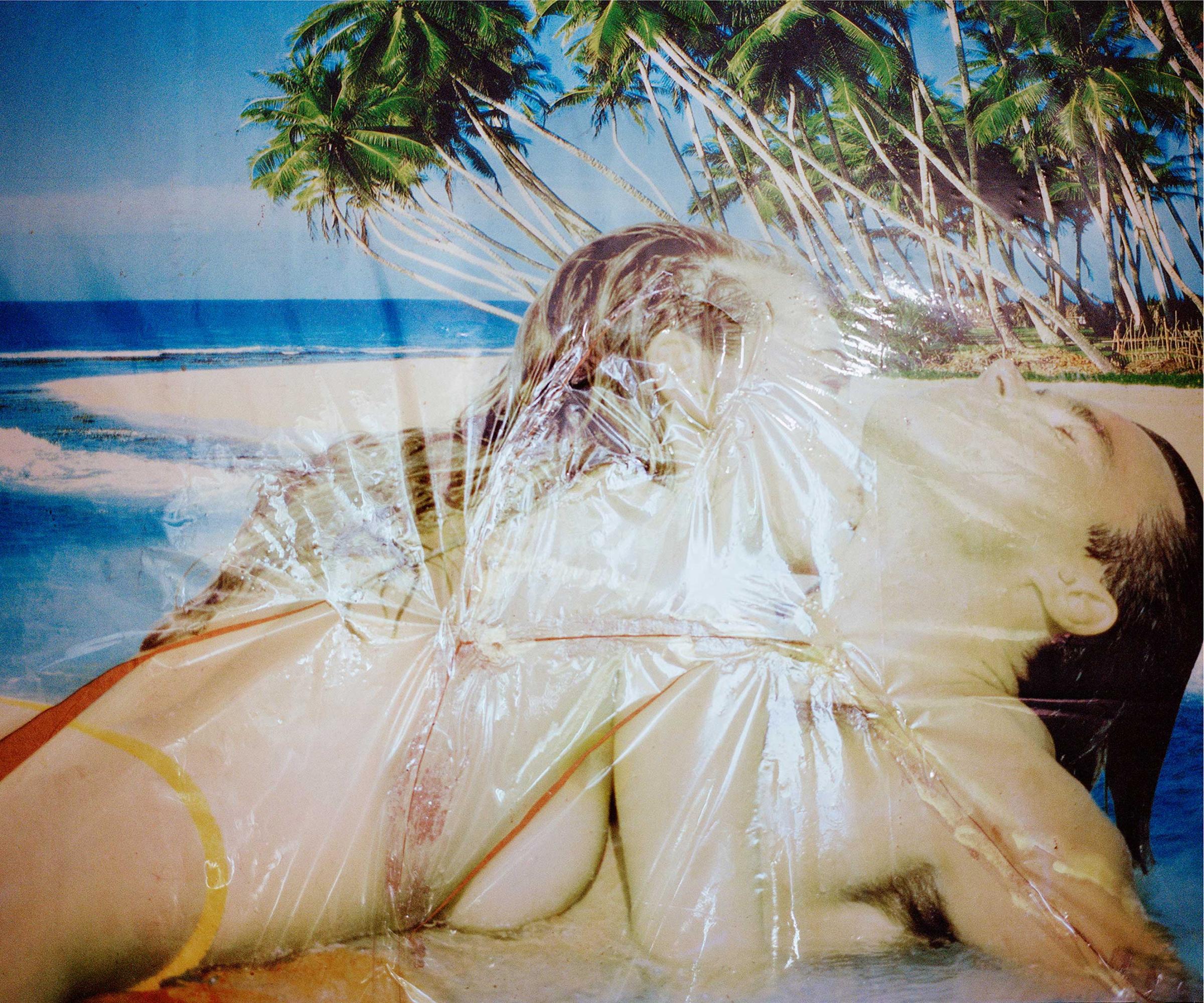
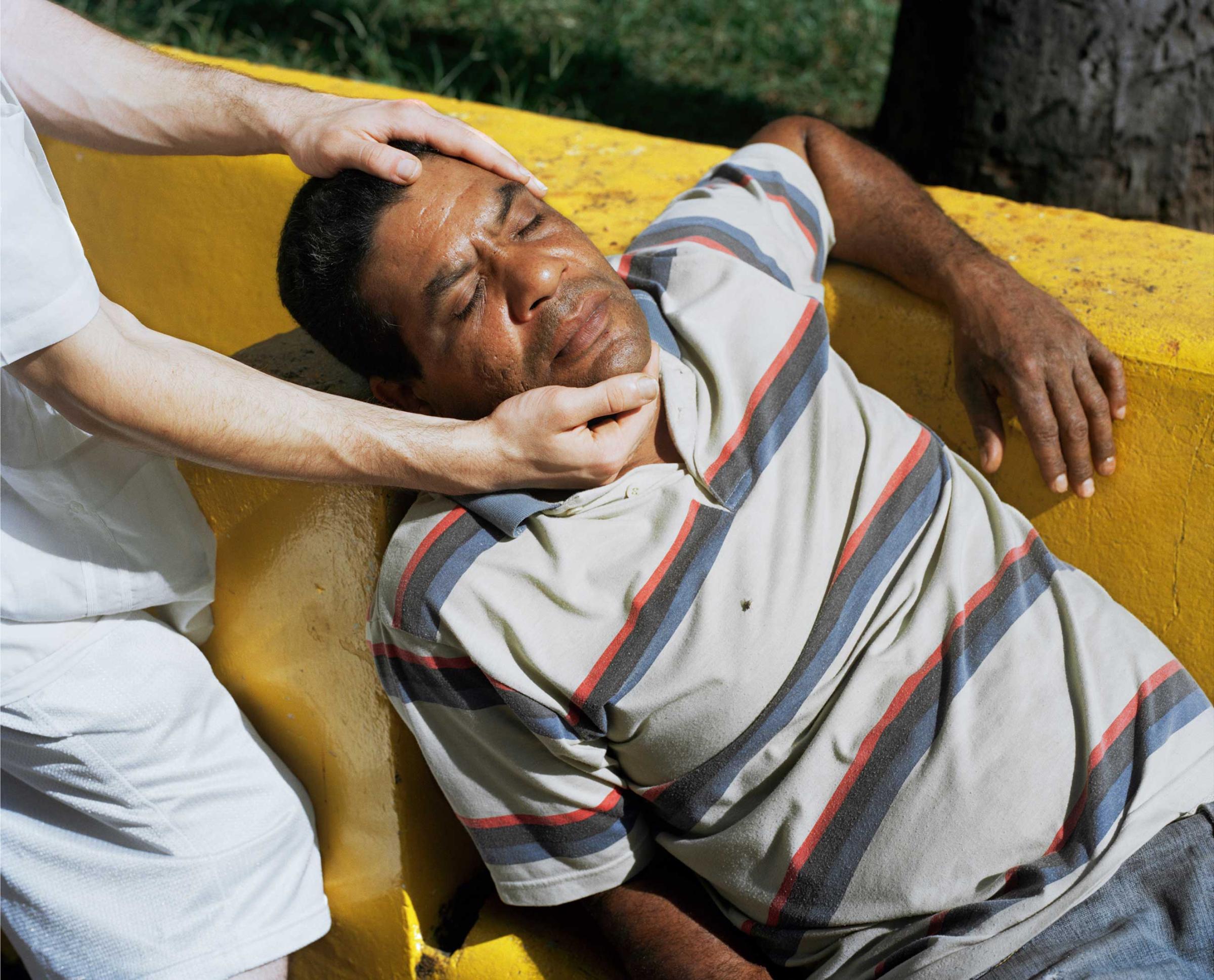
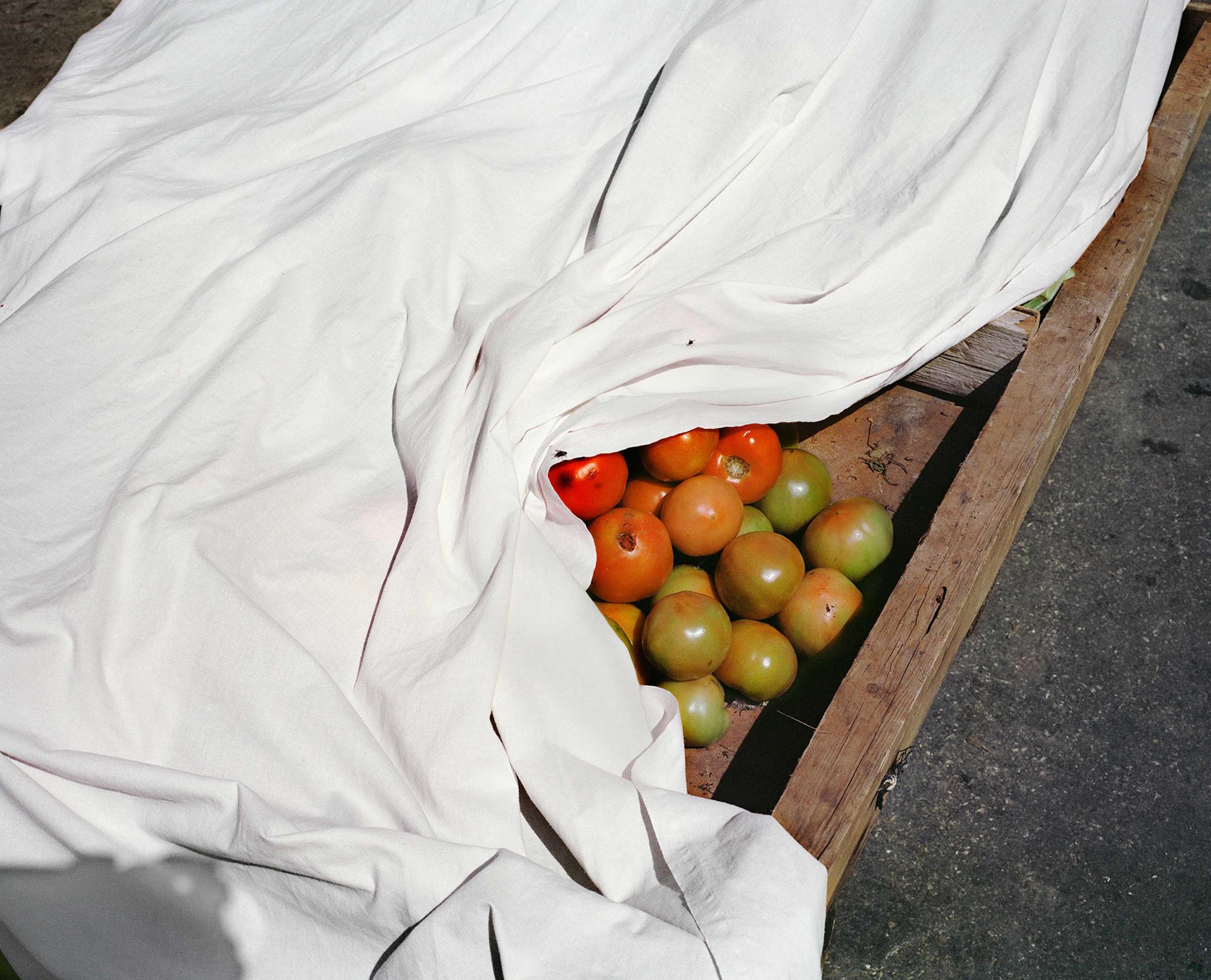
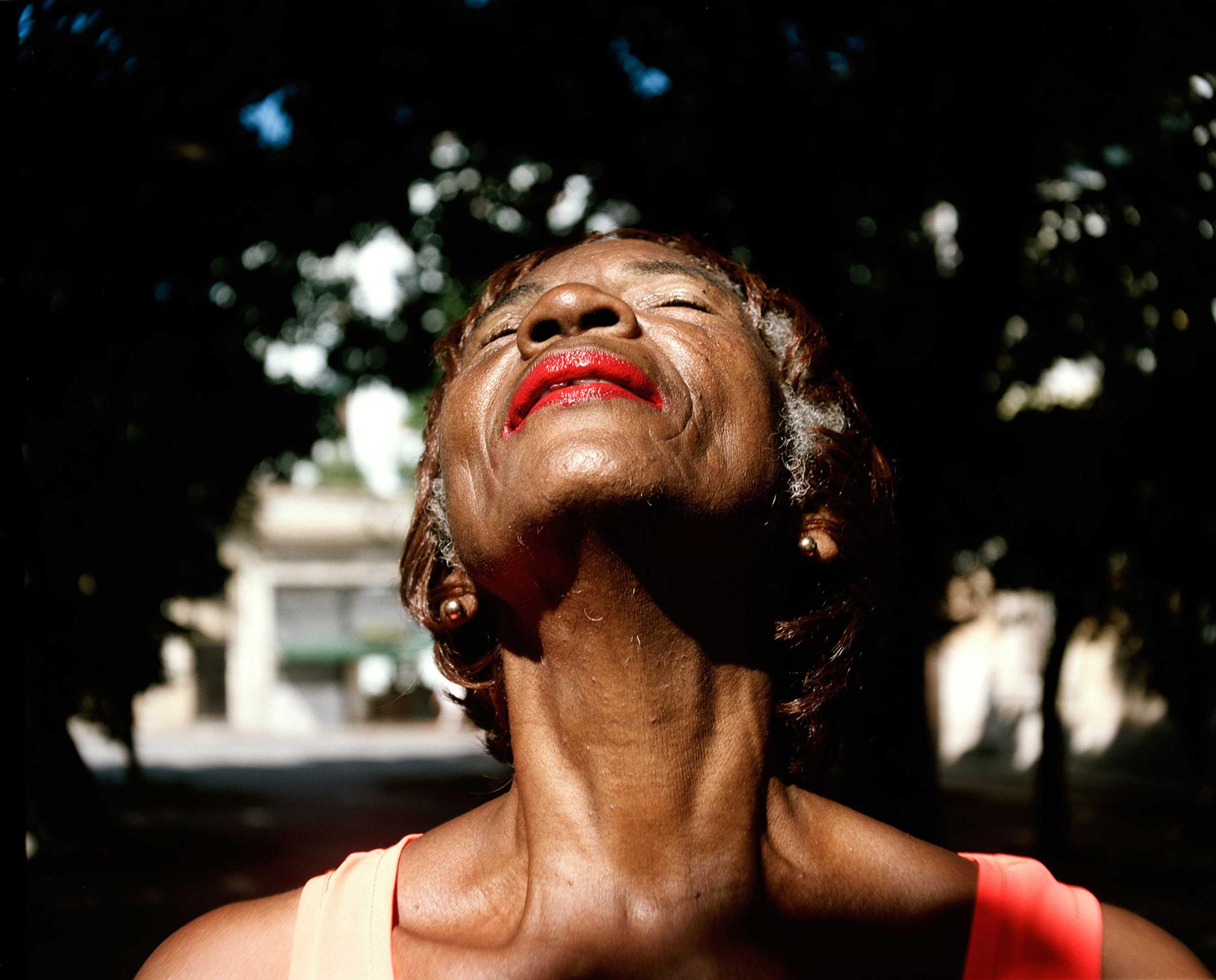
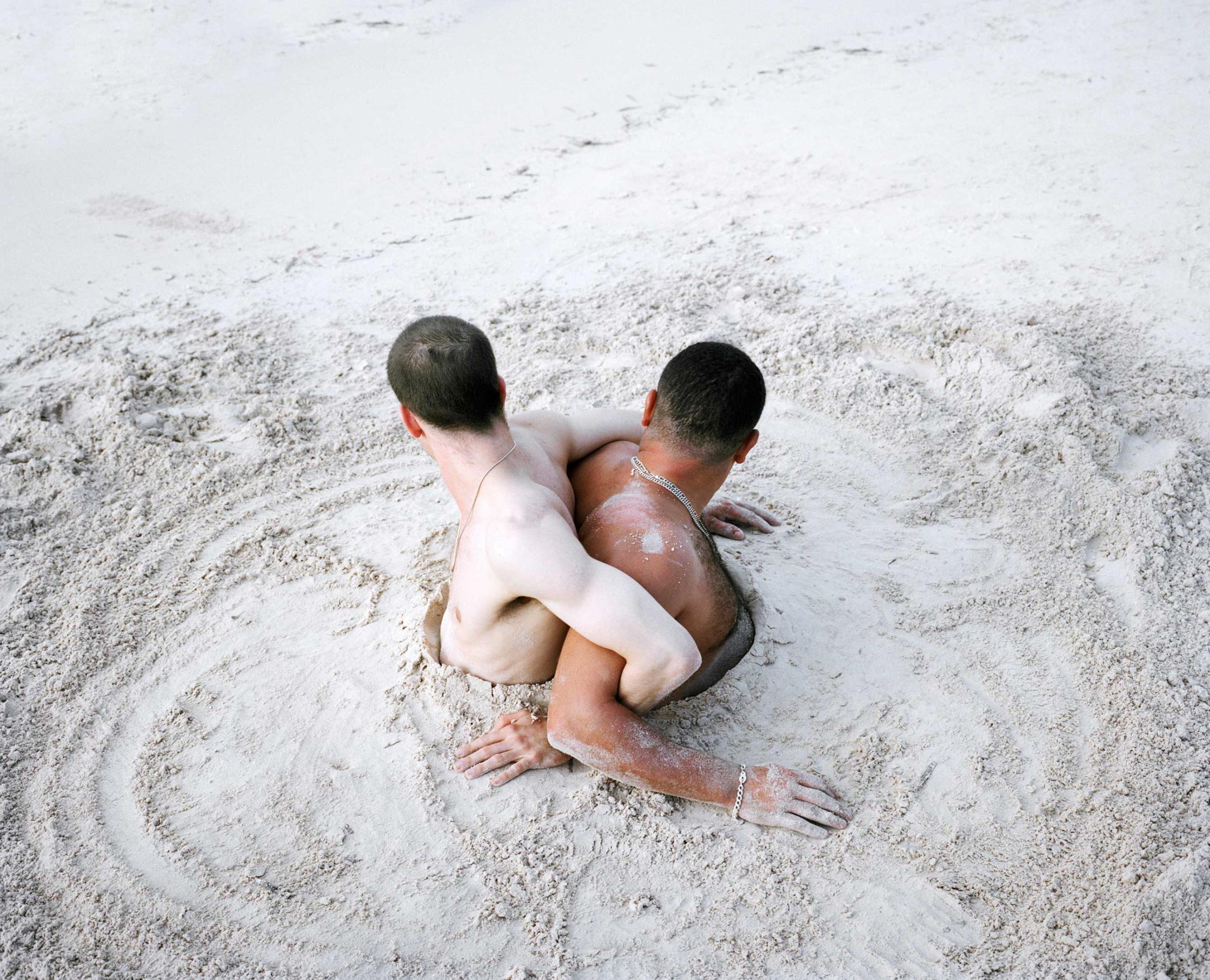
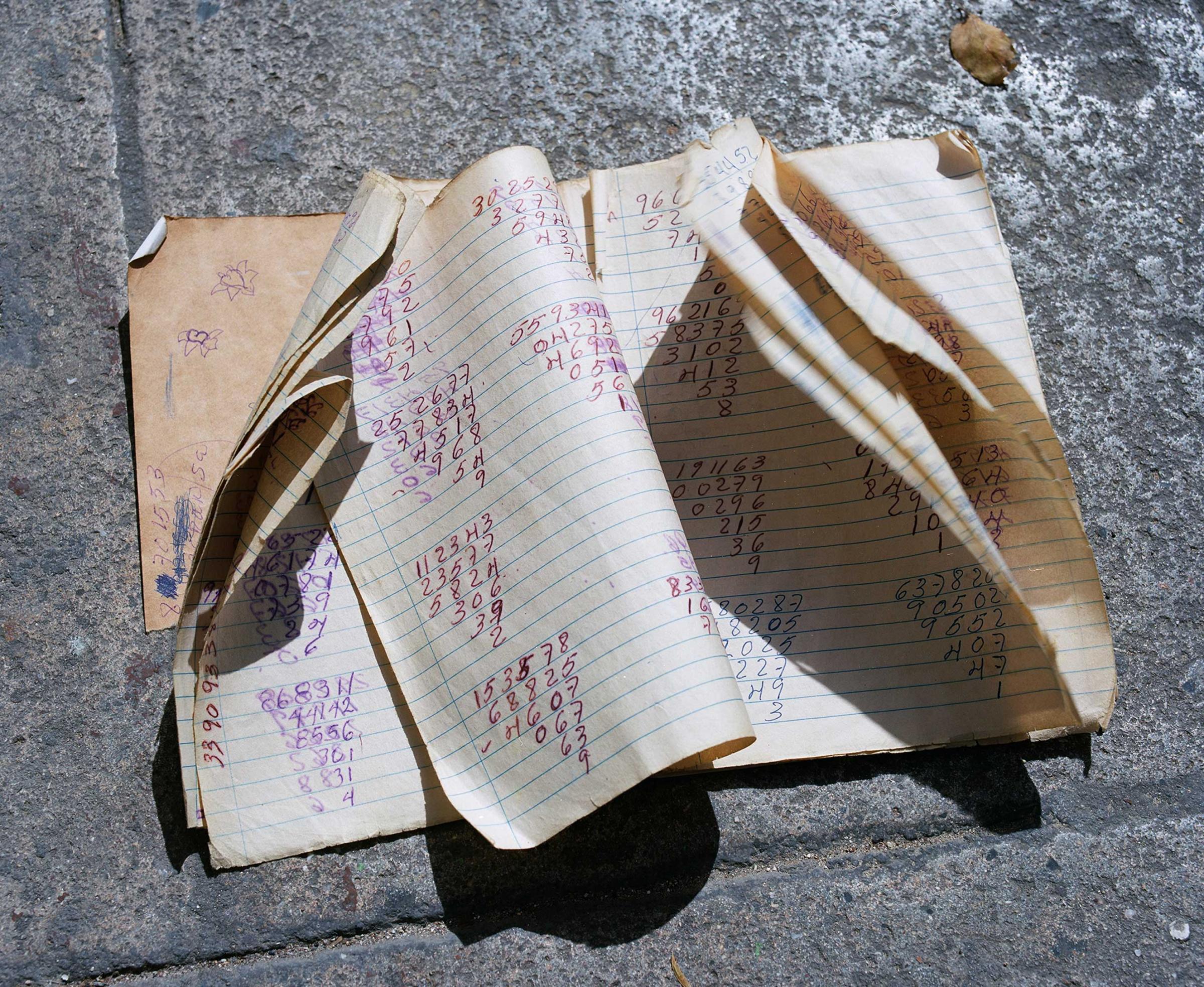
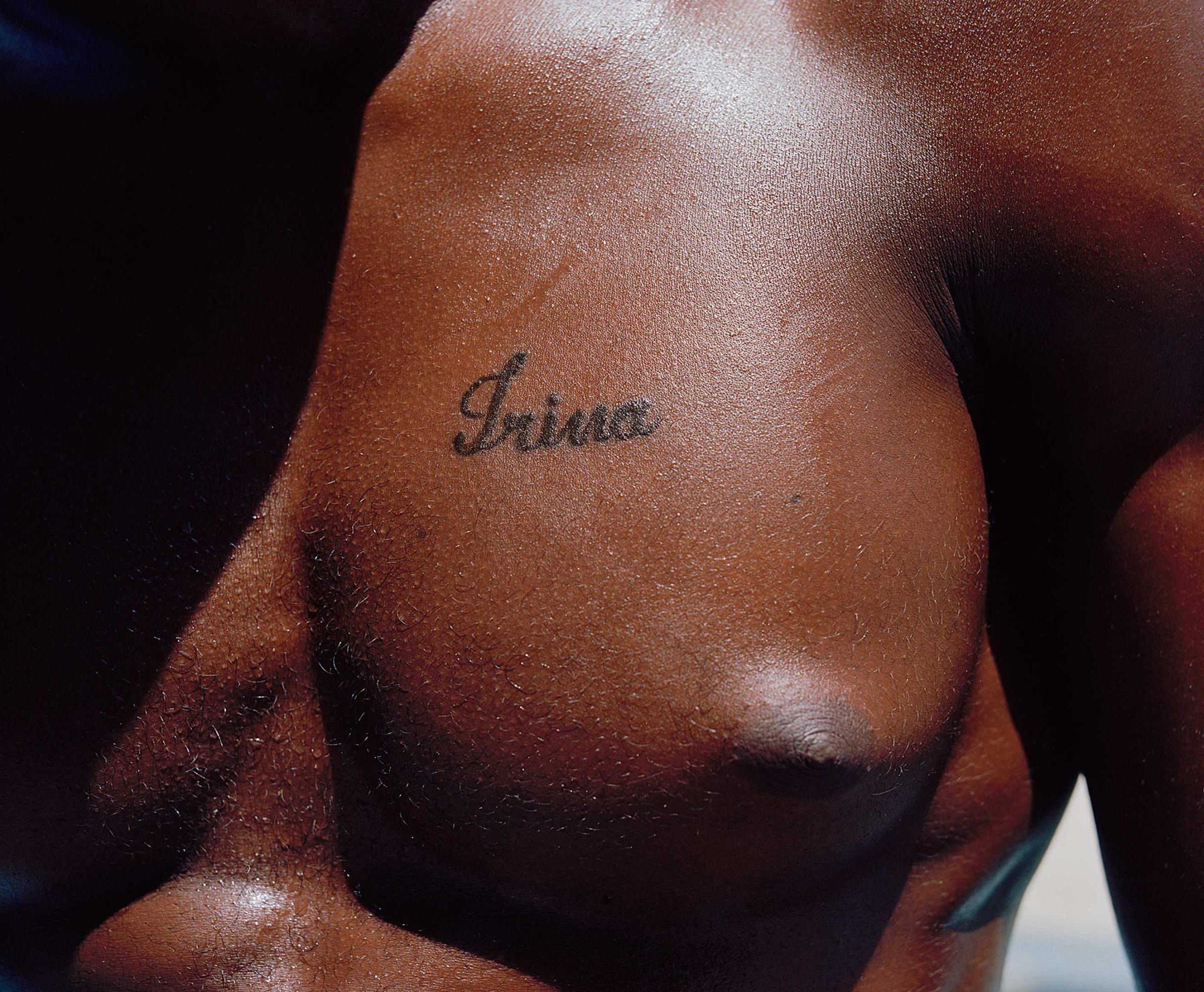
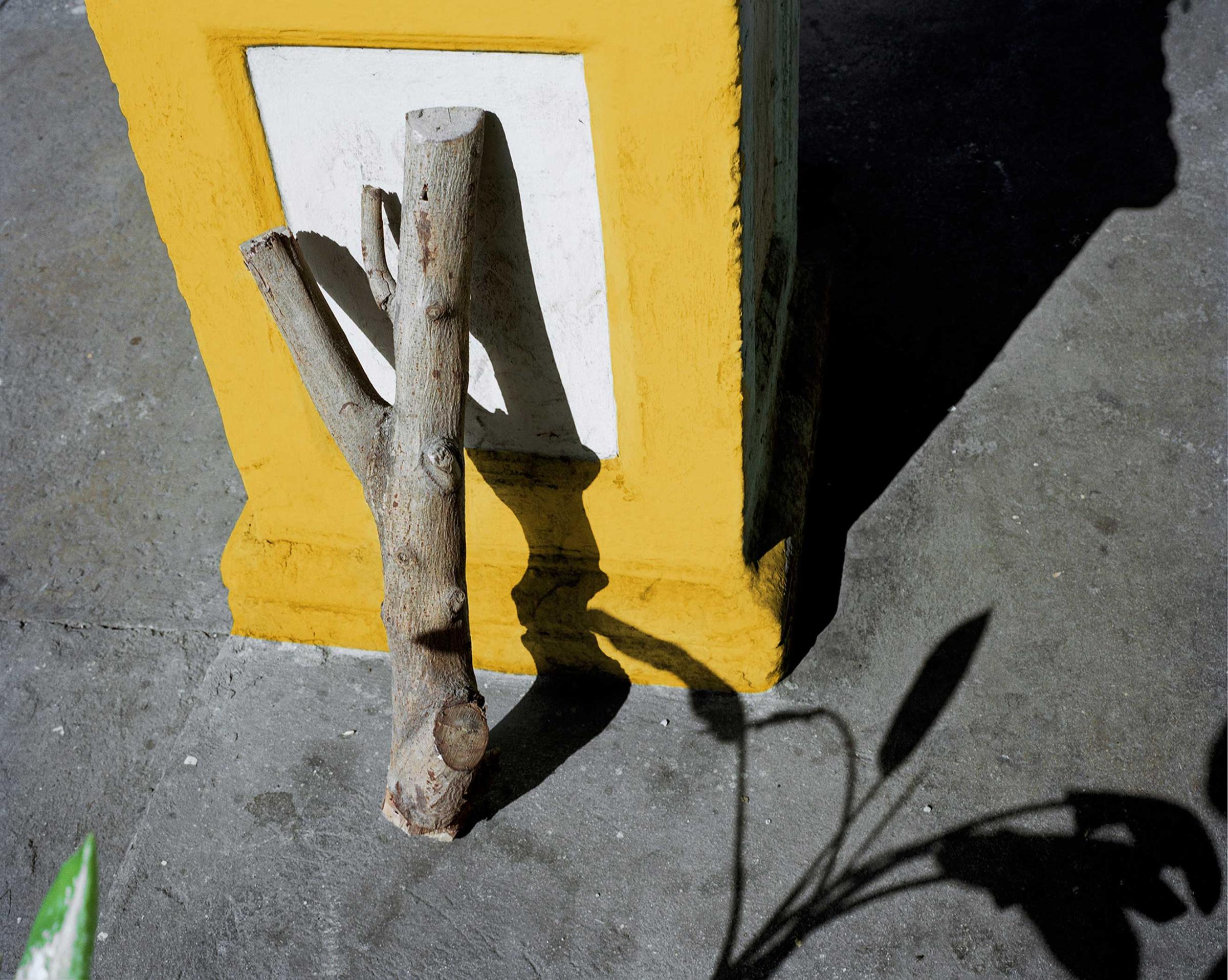
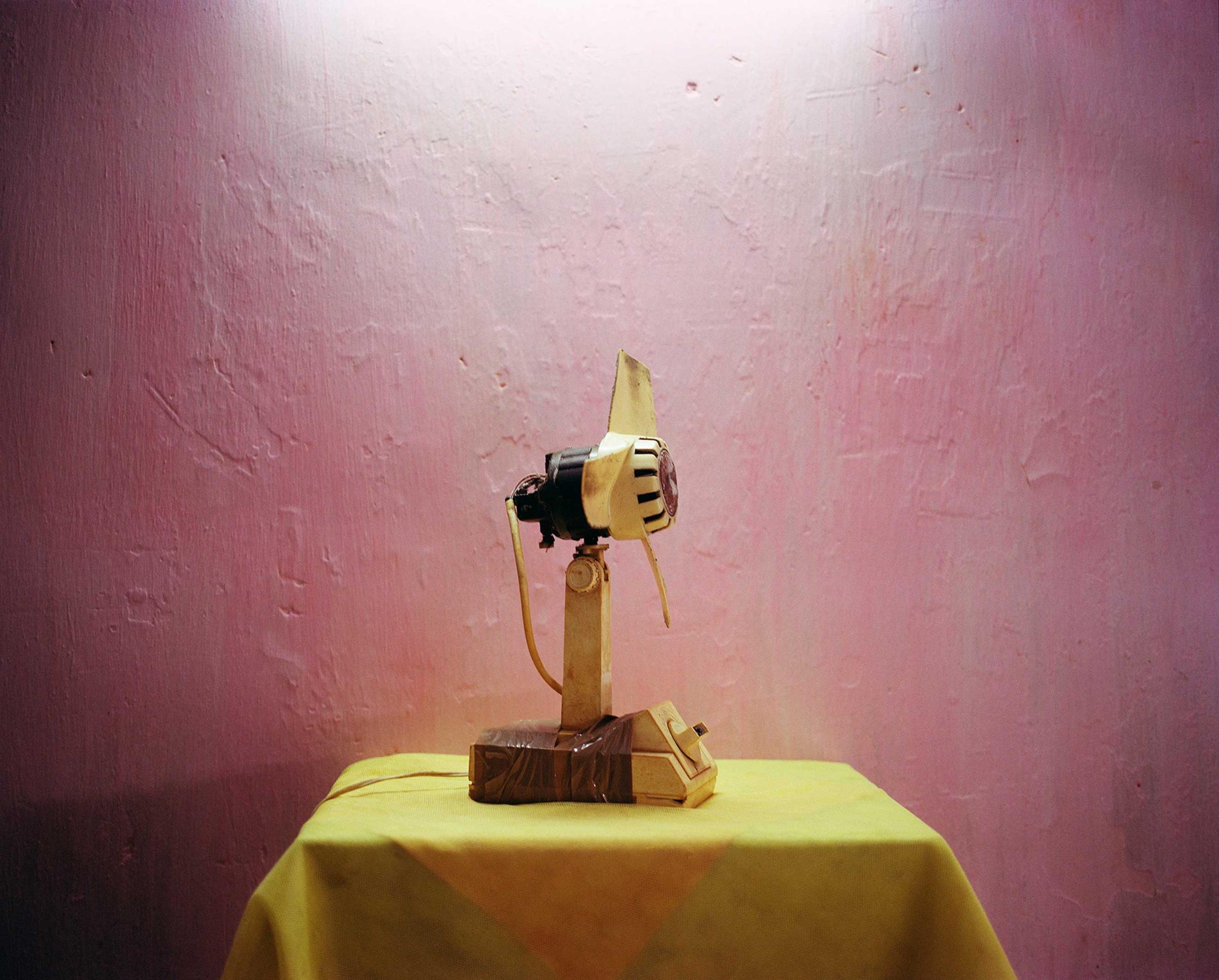
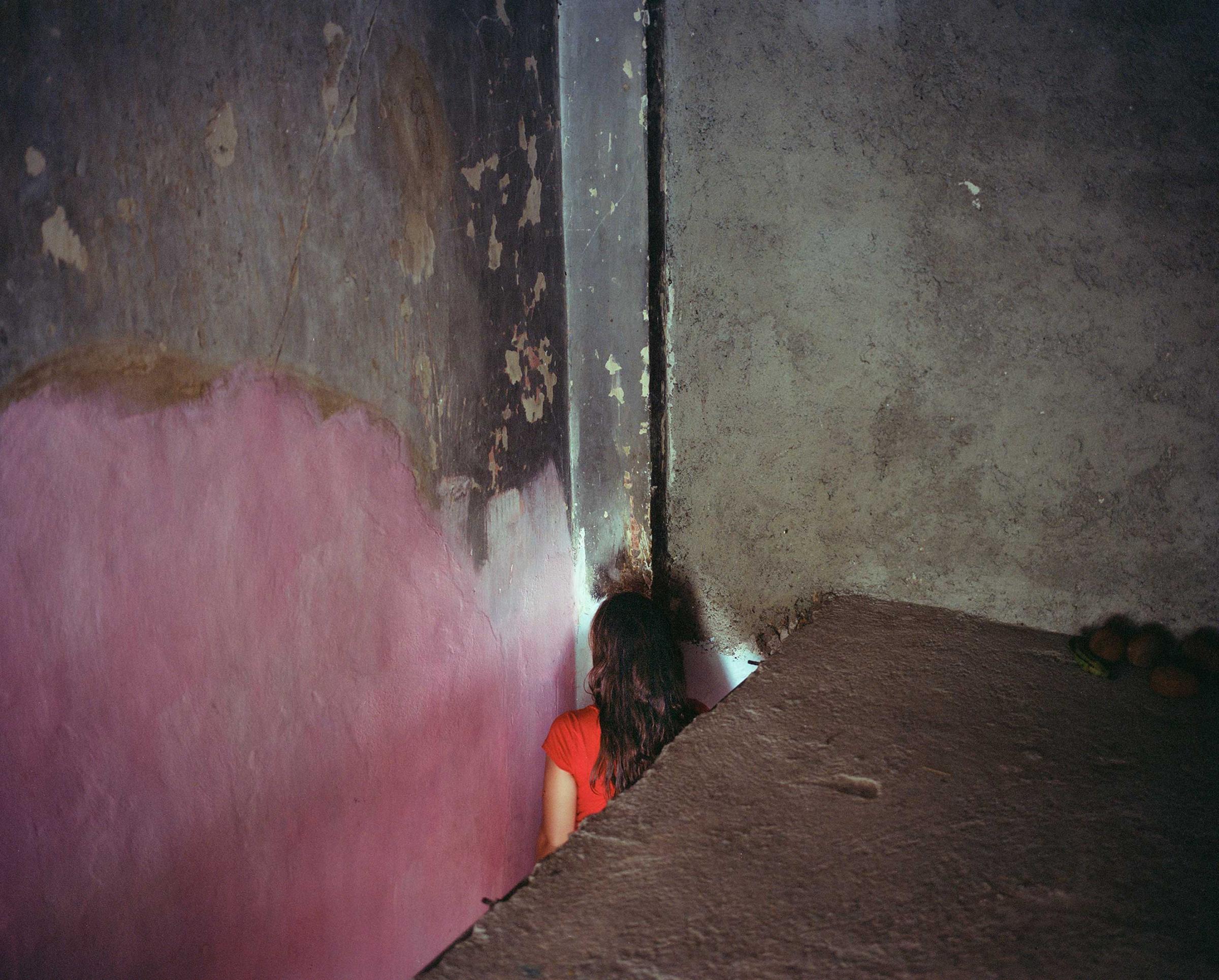
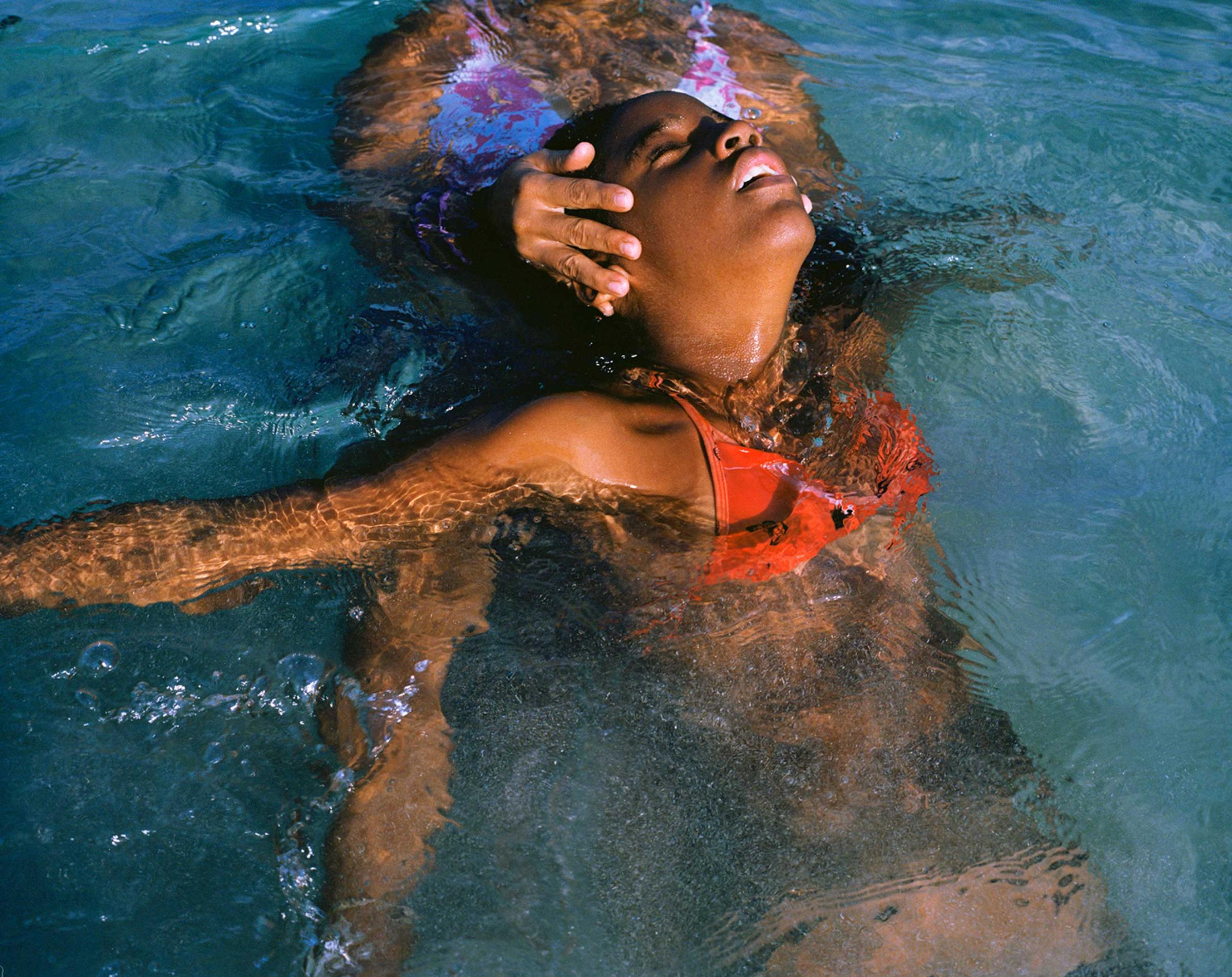
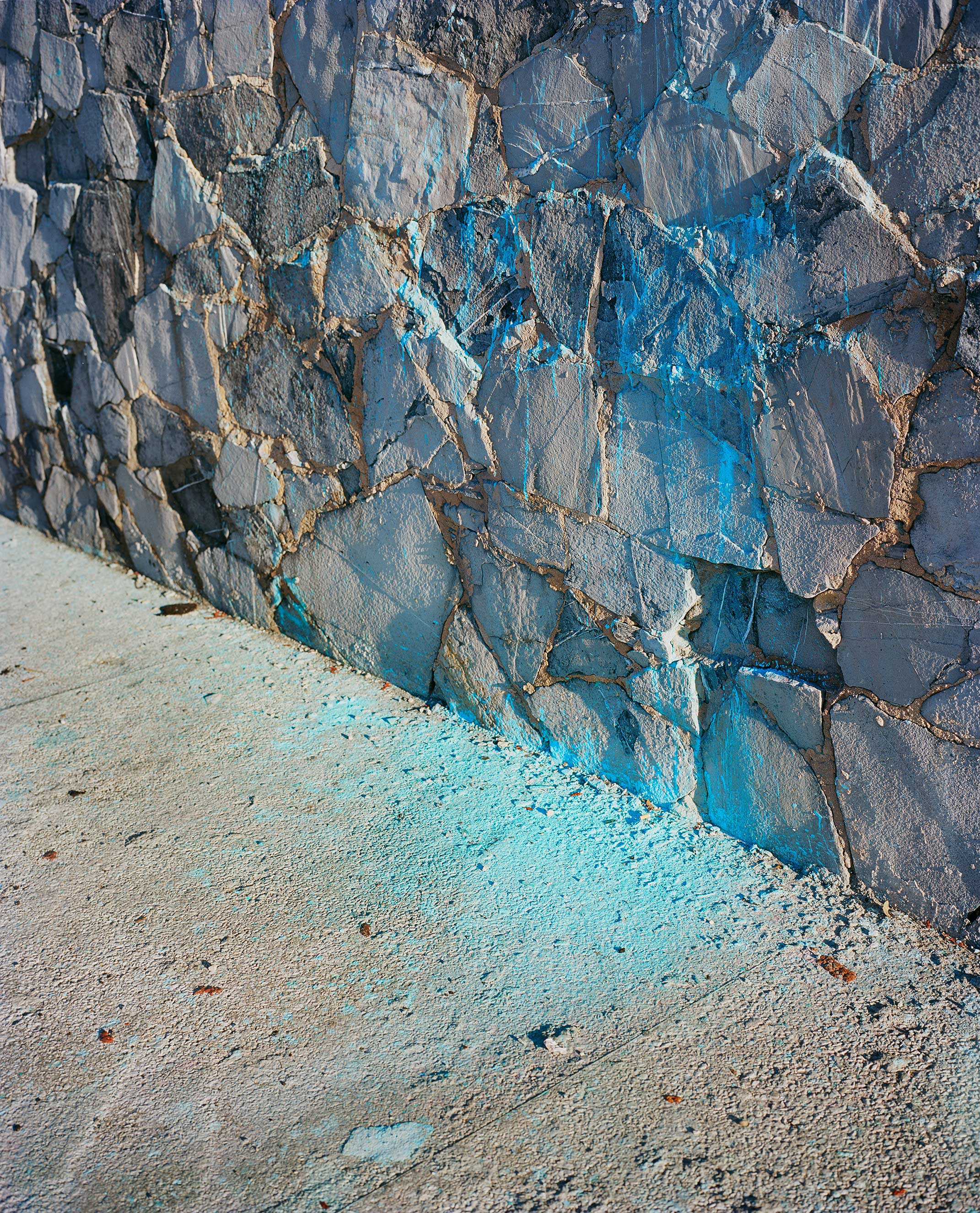
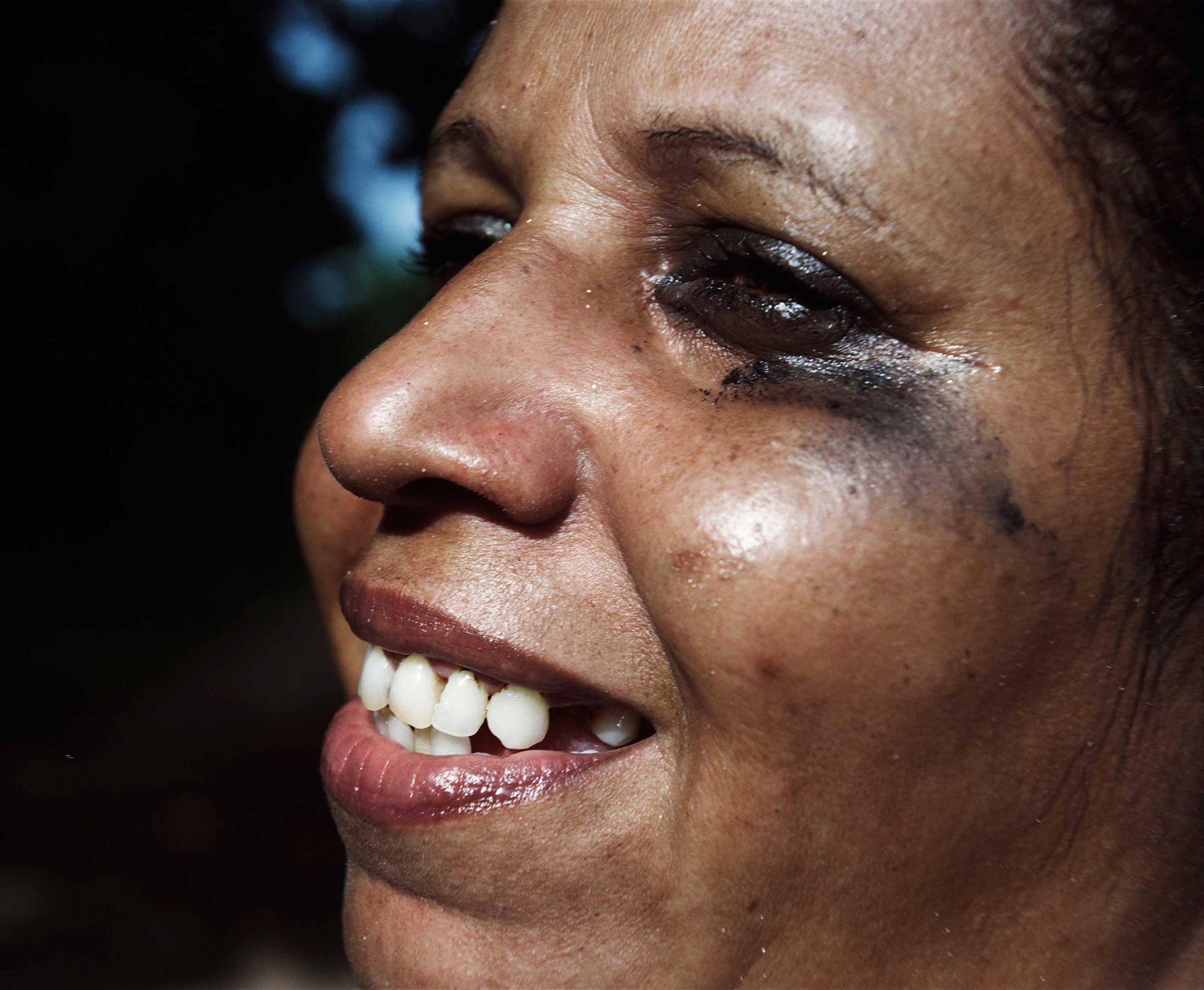
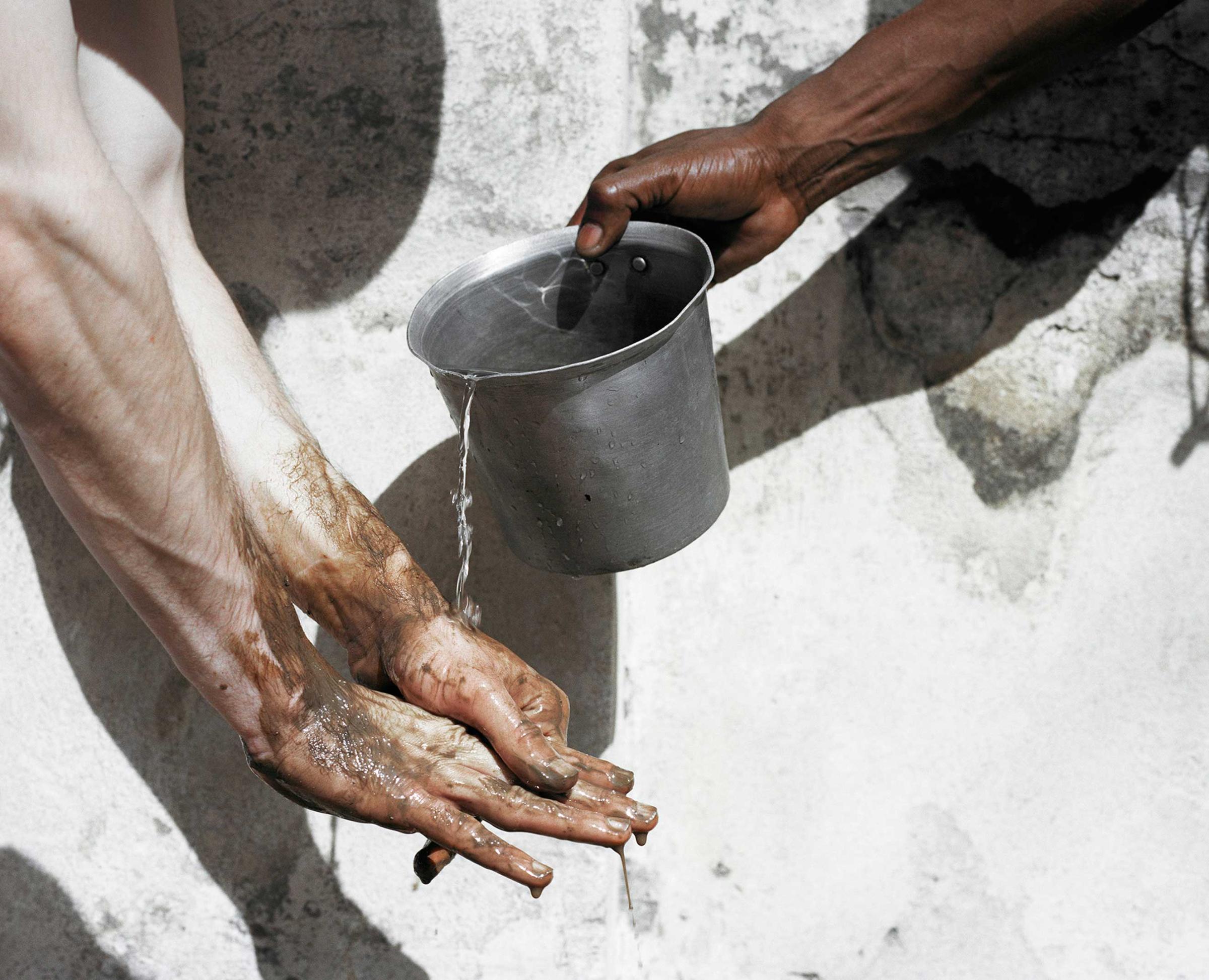
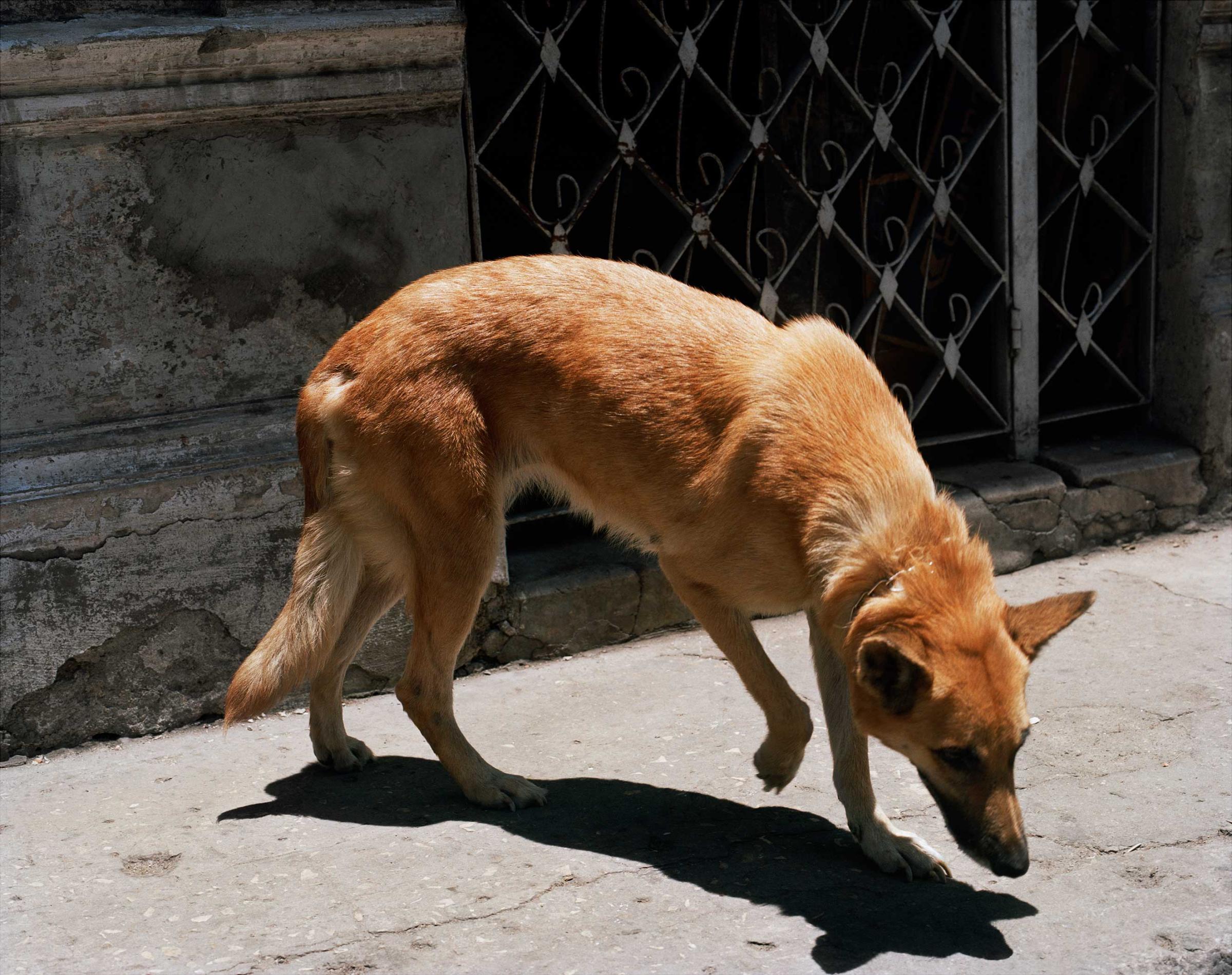
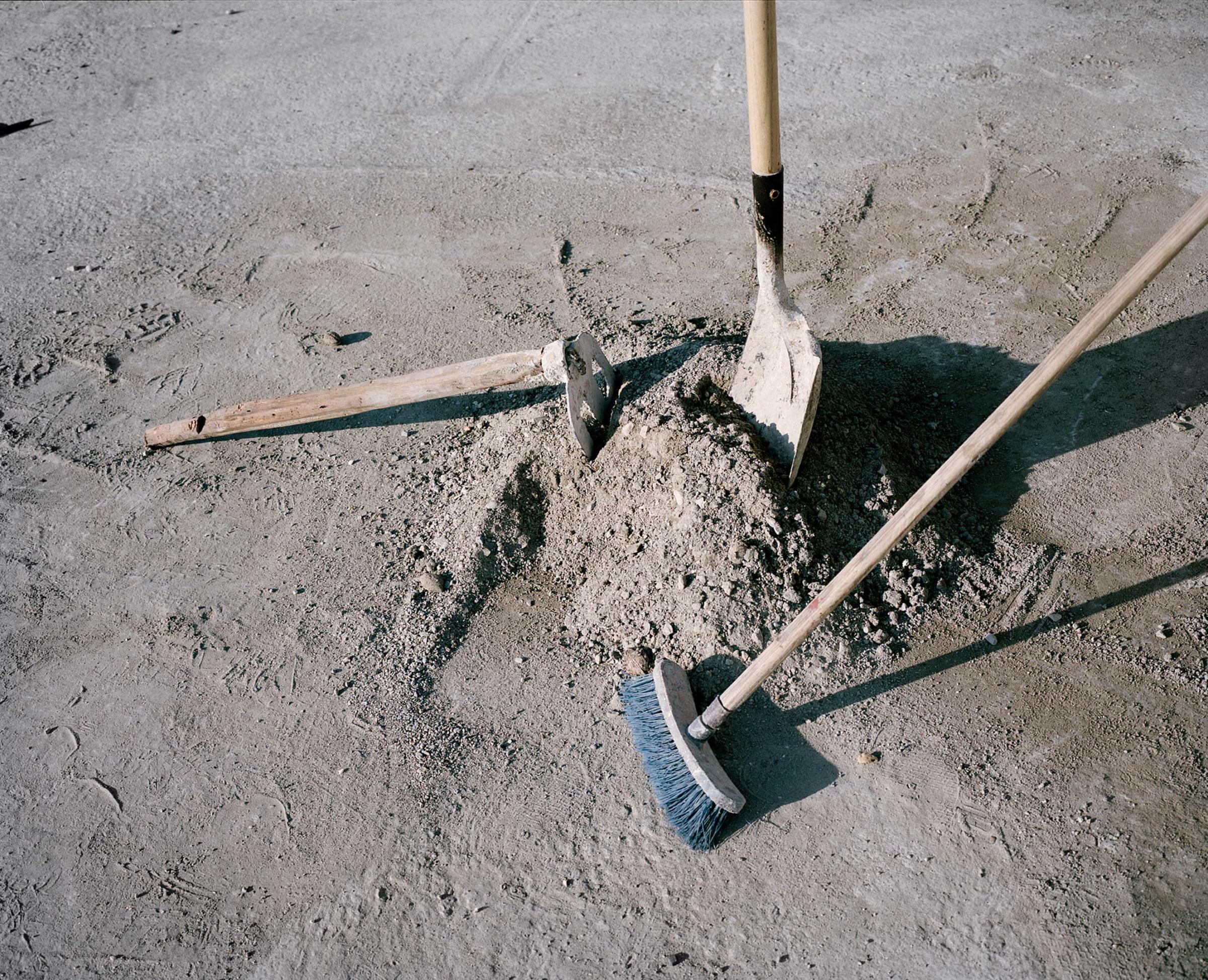
More Must-Reads From TIME
- The 100 Most Influential People of 2024
- The Revolution of Yulia Navalnaya
- 6 Compliments That Land Every Time
- Stop Looking for Your Forever Home
- If You're Dating Right Now , You're Brave: Column
- The AI That Could Heal a Divided Internet
- Fallout Is a Brilliant Model for the Future of Video Game Adaptations
- Want Weekly Recs on What to Watch, Read, and More? Sign Up for Worth Your Time
Contact us at letters@time.com